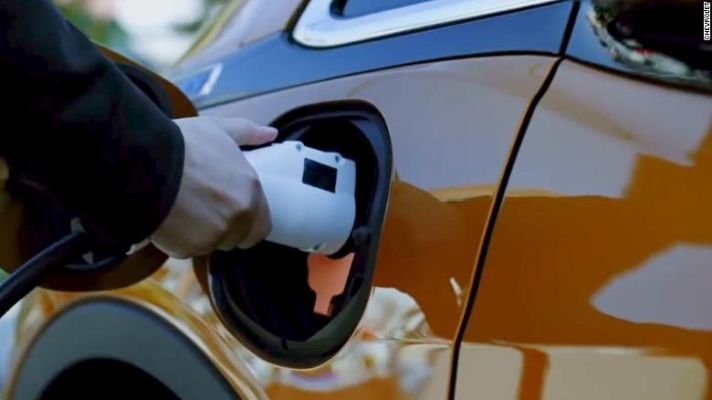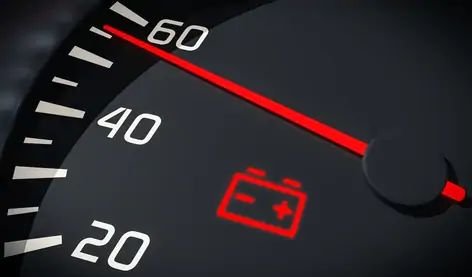The need to reduce carbon emissions has led automakers to make major investments in electric cars, but sales remain low. Globally, electric cars made up around 2 percent of new-car sales in 2019.
The main issue is that batteries simply aren’t as energy dense as gasoline. That means more space is required to hold a given amount of energy with batteries than with gasoline.
A gallon of gasoline is equivalent to 33.7 kilowatt-hours of energy meaning one gallon contains more energy than the entire battery pack of a first-generation Nissan Leaf.
However, electric cars are generally more efficient than gasoline cars.
The 2ZR-FXE engine used in the Toyota Prius is one of the most efficient internal-combustion engines in production, at around 40 percent, according to Toyota. But most electric motors can consistently operate at 90 percent efficiency.
But hear again the electric car efficiency takes a hit as it is largely dependent on driving conditions and ambient temperature. Differences in driving conditions and cold ambient conditions can lower the efficiency of electric cars by as much as 40%.
Getting sufficient range from these cars involves adding more battery cells, which take up space and increase a car’s curb weight.
The weight of semi trucks, for example, is limited by regulations. So getting enough range out of an electric semi truck could severely limit the amount of cargo it can carry.
Energy density could also impact the many electric pickup trucks currently in development as towing inherently lowers the efficiency.
Yes, the electric cars have arrived and are on the rise but unless the above issues are addressed, fossil fuel driven vehicles are here to stay…
Reference- Motor Authority, InsideEVs,









